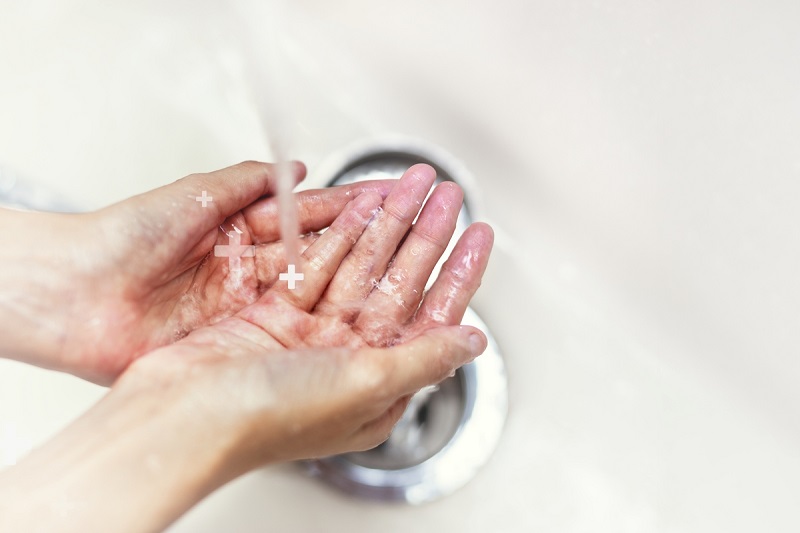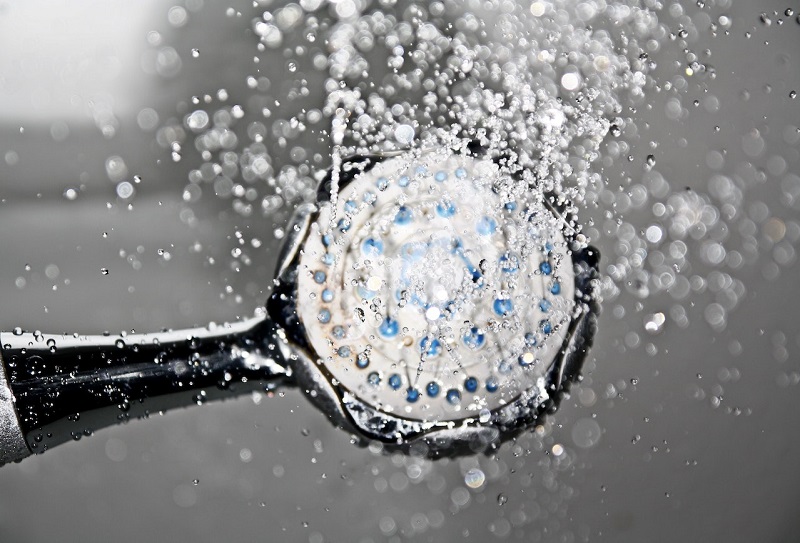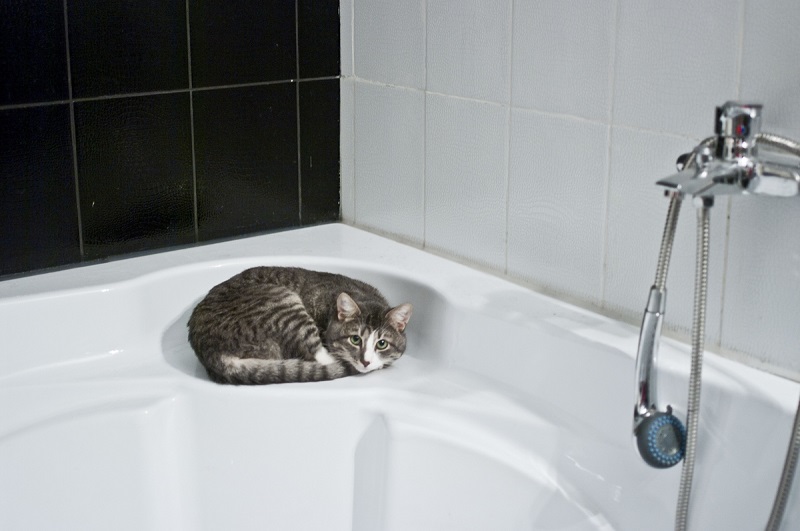6 Ways to Remodel Your Plumbing System to Be More Energy and Water-Efficient

Good plumbing is essential for any commercial property or residential building. Badly designed or poorly maintained plumbing systems can cause noticeable spikes in water bills and other major headaches. Fortunately, there are several tried and tested approaches you can take to modernize your plumbing system to make it significantly less wasteful.
In today’s article, we’ll discuss six important ways you can spruce up your plumbing system in order to save water, electricity, and money, while minimizing your carbon footprint along the way.
Install low-flow showerheads and toilets
One of the easiest and most cost-effective ways to improve your plumbing system’s efficiency is to install low-flow showerheads and toilets. Low-flow fixtures use significantly less water, which reduces your overall water usage and lowers your water bill.
Low-flow toilets also typically use less energy to heat water for flushing, further reducing your energy usage and costs.
Upgrade your hot water system

Upgrading your hot water system can significantly improve your plumbing system’s efficiency. Consider switching to a tankless hot water system, which heats water on demand, rather than keeping a large tank of hot water heated at all times. This can save energy and reduce your carbon footprint.
You could also consider installing a solar hot water system which is, admittedly, a more expensive option at first, but it can significantly reduce your energy usage and costs in the long run.
Install smart water-saving devices & gadgets
Another way to minimize water waste in your household is to install various high-tech water-saving devices. For example, you can put aerators on your faucets to reduce the amount of water used while still providing ample and satisfying water flow.
You can also install low-flow showerheads and toilets as mentioned previously, or get a dual-flush toilet, which allows you to choose between a full and reduced flush, depending on the amount of waste. These relatively small investments can have a big impact on reducing your overall water usage and saving you money on your monthly water bills.
Don’t DIY, leave everything to trained professionals
If you’re not comfortable with fiddling with your plumbing system or if your country’s regulations are particularly strict when it comes to DIY work, consider hiring a professional plumbing service. Plumbing pros can inspect your current situation, identify areas for improvement, and recommend the best solutions for your home.
However, what you need to consider before hiring a professional plumbing service is, among other things, the company’s reputation, the cost of the service, and their experience and qualifications. Make sure you do your research and choose a reputable, experienced, and qualified plumbing service to ensure you get the best results.
Invest in pipe relining technology

Another way to boost your plumbing system’s efficiency is to invest in pipe relining technology to fix your broken underground pipes. Pipe relining is a process that involves coating the inside of pipes with a durable, flexible material to repair cracks, leaks, and other damage.
This cutting-edge tech not only prevents leaks that waste water and energy, but it also extends the lifespan of your pipes and reduces the likelihood of future damage. By investing in pipe relining, you can save water, energy, and money in the long run while protecting the environment.
Conduct regular maintenance and inspections
Finally, regular maintenance and inspections are essential for keeping your plumbing system efficient and preventing waste. Be sure to regularly inspect your pipes, faucets, showerheads, toilets, and hot water system to ensure they are in excellent condition and functioning properly.
Regular maintenance is instrumental in preventing leaks, reducing energy waste, and extending the lifespan of your plumbing system. By being diligent and conducting regular maintenance and inspections, you can keep your plumbing system running great and reduce its impact on the environment.
Wrapping up
Taking proper care of your plumbing is essential for reducing water waste, saving energy, and protecting the environment. If you stick to the points we laid out in today’s post, you can be sure you’ll reduce your water and energy usage, save money, and contribute to a more sustainable future.